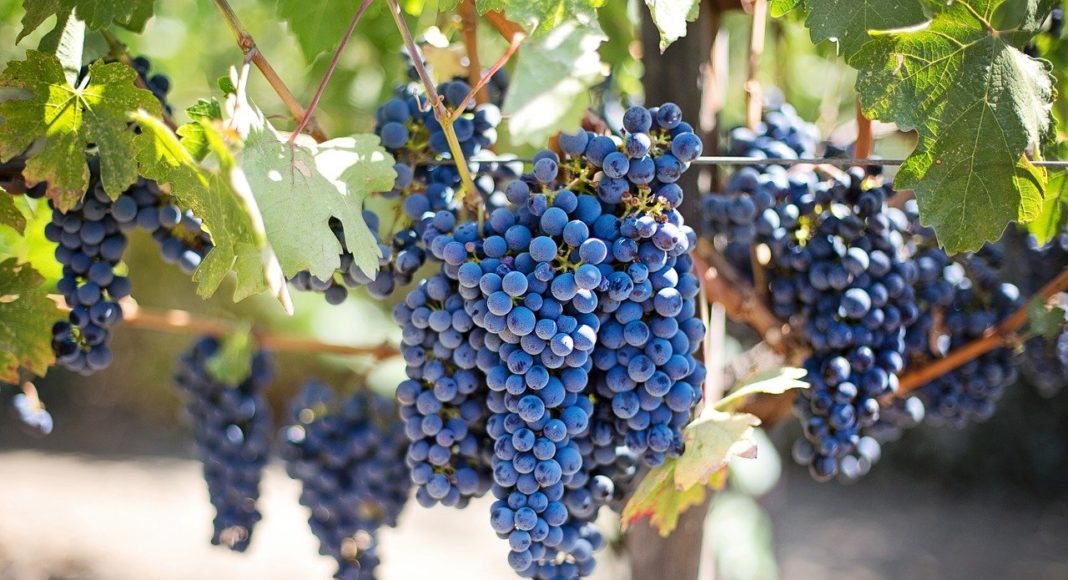
For the wine import industry the New Year is starting off on a poor note. Last fall the government imposed a 25% tariff on wines under 14% abv (alcohol by volume) from France, Spain, and Portugal.
Now (while suppliers are still trying to adjust) the Trump administration is threatening to expand the tariff to 100% on all European wines. If enacted this tariff will have devastating effects on the wine import industry.
Madrona Wine Merchants, a small shop in the scheme of things, buys its wine from maybe 20 small importers/distributors, six or so mid-sized ones, and two of the three big ones in Seattle. The tariffs over time will most likely force the small importers out of business, the mid-sized ones will struggle to adjust their business model, and the big ones will ride it out, probably benefiting in the long term from the demise and problems of their competitors.
This means, first off, a loss of local jobs. Take 20 small importer/distributors with 6 to 24 employees each just in Seattle, then expand it out to the rest of the country and you get an idea of the immediate impact. These are local domestic jobs.
The same will be true for the European wineries affected by this. At Madrona Wine, where I am co-owner along with Mark Souder, we carry a lot of wines from small family operations that are not wealthy but have managed to make a living between farming, grape growing, and winemaking. A number of these wineries will not make it. The mid-sized ones will struggle to adjust, and the large corporate wineries will benefit in the long term from the demise and problems of their competitors. See a pattern?
All of this will result in fewer choices and higher prices on our shelves. The good value wines that we pride ourselves on finding will disappear. Yes, the $15 Côtes du Rhone or Chianti that you like to have with dinner will cost more like $25 to $30.
For those of you who want to act on this, you can comment on the proposed boost. Or sign this Petition by Change.org asking members of Congress and other government officials to stand up for U.S. wine jobs and stop these unfair, punitive tariffs.
And note that none of these tariffs have anything to do with the trade of wine. They are mainly retaliation for European subsidies to Airbus (on behalf of Boeing) and for a threatened software tax (on behalf of big tech). Again, small businesses are being thrown under the bus for the benefit of large corporations.
Discover more from Post Alley
Subscribe to get the latest posts sent to your email.

The tariffs are a bad idea. And I get that wine importers will be hit hard by this. But what about the American domestic wine industry? Won’t the higher European prices make American wines a more attractive alternative? Washington’s wine industry will likely benefit considerably, no?
Yes and No. The tariff would pretty much destroy the current distribution channels for local as well as imported wines. Example: I have one distributor who I deal with whose book is about 50/50 local to imported wines. If the tariff goes into effect they won’t survive on just the local wines (even if sales for them go up 50%. They will go out of business and all their local wineries will have to have to find new distributors. If that happens across all the small distributors (and it will) the wineries will be left with just the big guys to sell their wine. And they will get no attention there.
Also here is a note from an email I received a few days ago:
The California Wine Institute, the largest member organization in the country for the wine business, agrees that the proposed tariffs are a bad idea. “We are concerned that this action will lead to increased tariffs on U.S. wines and set back our efforts to continue growing U.S. wine exports,” said Wine Institute CEO Bobby Koch in a statement released after the tariffs were announced.